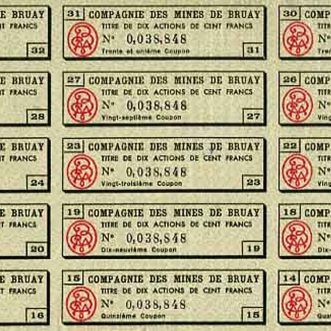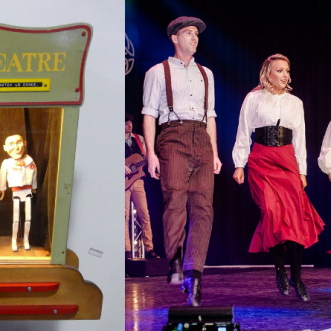
How to do big business with a tiny company
I loved this post from Jason Fried on company size. In a nutshell, his company (37Signals) serves about the same number of clients as others in this space, at about a tenth of the workforce.
How can he do that?
Here are some ideas.
First, build a product and service that makes your users so awesome they tell all their friends and colleagues about it. Then make it easy for them to tell their friends and colleagues. Do this and you can ditch the marketing department.
Second, let your people manage themselves. After all, they are able, enthusiastic humans who revel in taking responsibility. Self-managed doesn’t mean unsupported though. Like an orchestra, give your players a Score so they know what they are trying to achieve, a Conductor to give immediate feedback on their performance and Rehearsal Time to improve and innovate. Do this and you can ditch the managers.
Next, get rid of ‘admin’. Admin is simply about getting the right resources into the right place at the right time. Build it in to what you do for clients, automate the boring bits that become drudgery for humans and you’ve made it a side effect of doing the job. Do this and you can ditch the admin department.
Fourth, enable every player in your team to deliver the whole end-to-end service. In essence make them a one-person instance of your business. Do this, and every new person you add is a profit centre.
Finally, share the benefit of this new superproductive business with everyone in it. Reward must follow responsibility. Ownership must be real. Do this and you’ve created a sustainable legacy to be proud of.
Discipline makes Daring possible.








